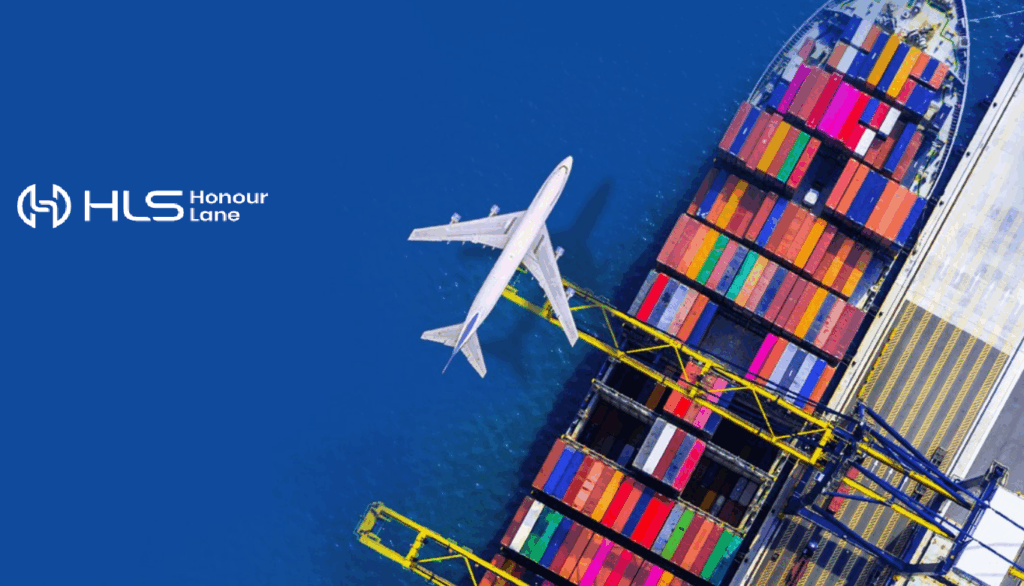The logistics and transportation industry in 2025 faces a whirlwind of challenges, each demanding innovative solutions and strategic foresight. Let’s dive into the key hurdles shaping this dynamic sector.

- Labor Shortages: A Persistent Dilemma
The shortage of skilled workers continues to plague the logistics sector globally. In regions like the UK, there’s an alarming shortfall of HGV drivers, with many nearing retirement age. Post-Brexit policies have further tightened access to EU labor markets, exacerbating the issue. Meanwhile, in broader global contexts, companies are grappling with attracting young talent to an industry often perceived as unappealing or outdated. To counteract this trend, businesses are turning to automation and offering competitive wages alongside better work-life balance initiatives. - Rising Consumer Expectations
Consumers now demand lightning-fast deliveries—same-day or next-day is no longer a luxury but a baseline expectation. This shift places immense pressure on last-mile delivery systems and requires investments in technologies like AI-driven route optimization and warehouse automation. The challenge isn’t just speed; transparency has become non-negotiable too. Real-time tracking tools must integrate seamlessly into operations to meet these expectations. - Infrastructure Bottlenecks
Aging infrastructure remains a significant roadblock for efficient supply chains worldwide. Congested highways and inadequate port facilities lead to delays that ripple through entire networks. While governments slowly invest in upgrades, businesses have little choice but to adopt advanced visibility tools that allow real-time rerouting around bottlenecks. - Sustainability Pressures Mounting
Environmental responsibility is no longer optional—it’s demanded by both consumers and regulators alike. Logistics firms must embrace green practices such as alternative fuels, electric vehicles, solar-powered warehouses, and optimized routing systems to reduce emissions significantly. With regulations tightening globally (e.g., Clean Air Zones), proactive adaptation is essential not only for compliance but also for maintaining customer trust. - Trade Tensions & Geopolitical Risks
Global trade remains vulnerable to political instability—think tariffs, sanctions, or outright conflicts disrupting established routes overnight. For instance, ongoing disputes between major economies force companies into costly adjustments while navigating regulatory complexities across borders. - Escalating Costs Across the Board
From fuel price fluctuations to increased operational expenses due to inflationary pressures—the financial strain on logistics providers is palpable everywhere you look! Smaller players particularly feel squeezed as they operate on razor-thin margins already stretched by rising demands for eco-friendly solutions.
Despite these challenges looming large over 2025’s horizon—the industry isn’t without hope! Strategic investments in technology (like predictive analytics), fostering regional sourcing hubs closer-to-market strategies alongside public-private partnerships addressing systemic issues collectively hold promise toward building resilient ecosystems capable of weathering future storms effectively!

To navigate these complex and rapidly evolving challenges, partnering with a reliable and forward-thinking logistics provider is more critical than ever. HLS Honour Lane, a globally recognized international transport and logistics company, stands at the forefront of tackling modern freight complexities. With comprehensive sea freight services, air freight services, and railway freight service, as well as a full suite of value-added logistics solutions services, HLS ensures your supply chain remains agile, efficient, and future-ready. Whether you’re addressing rising consumer expectations or navigating geopolitical uncertainty, HLS Honour Lane delivers the expertise and infrastructure needed to keep your global operations moving seamlessly in 2025 and beyond.
